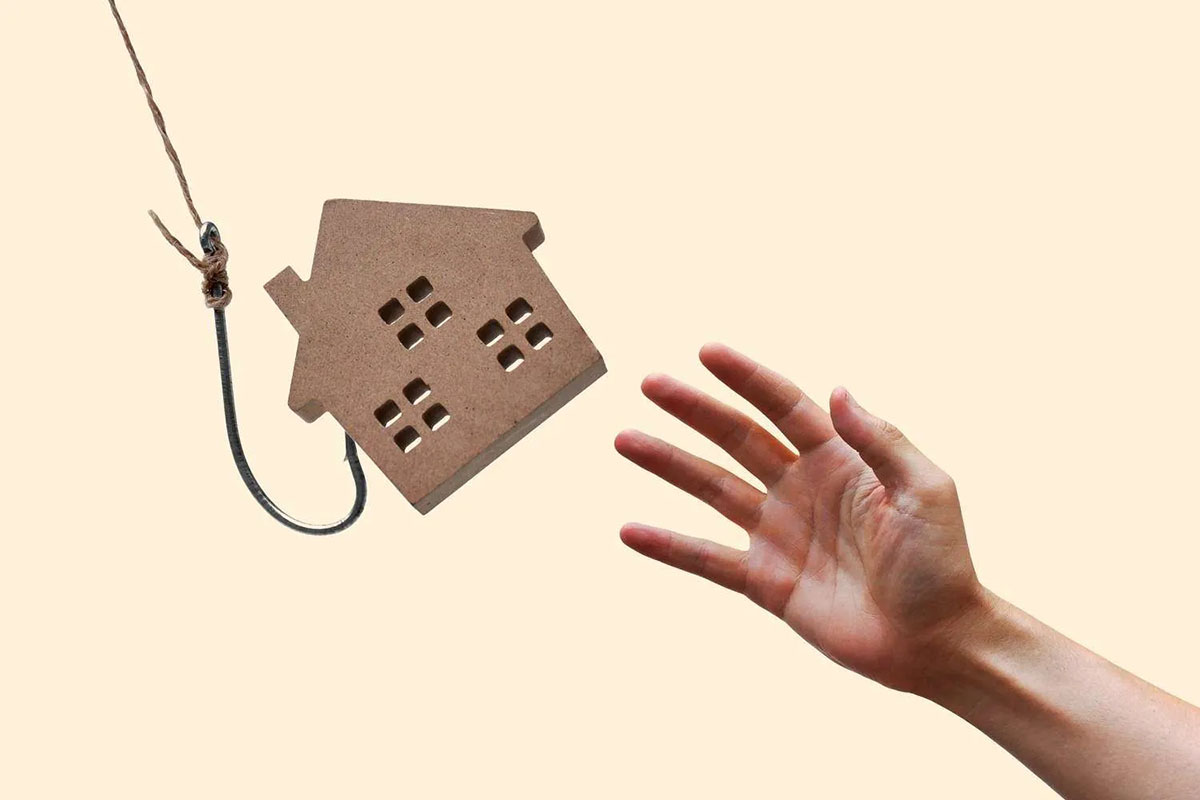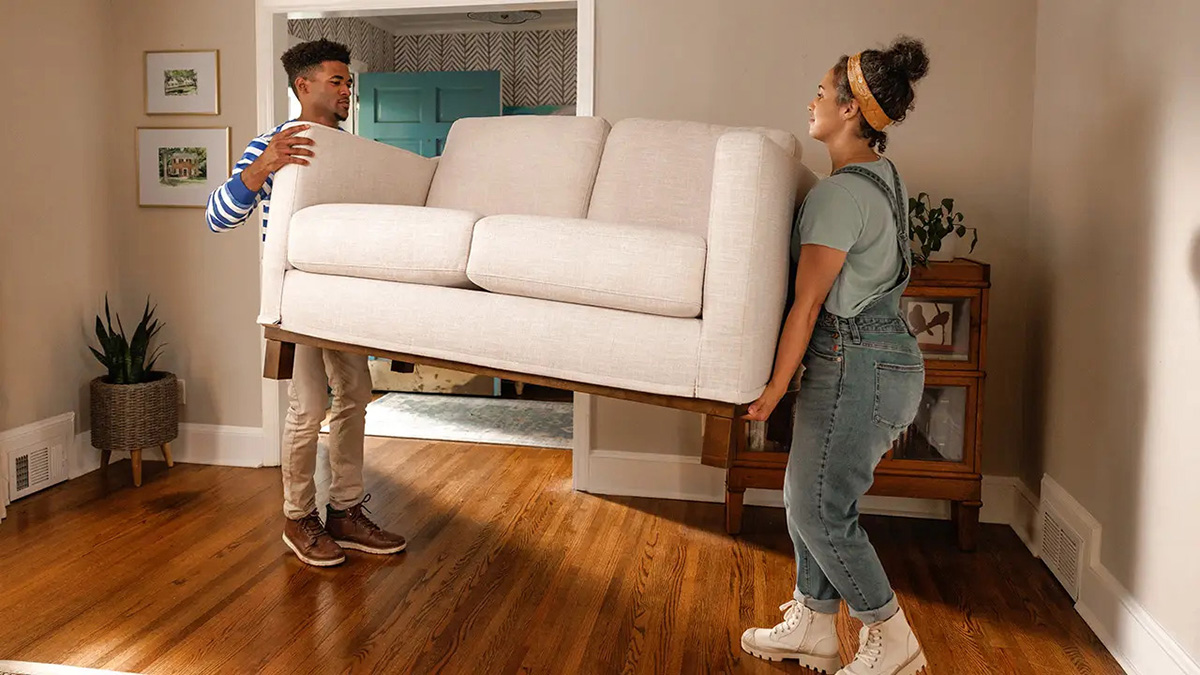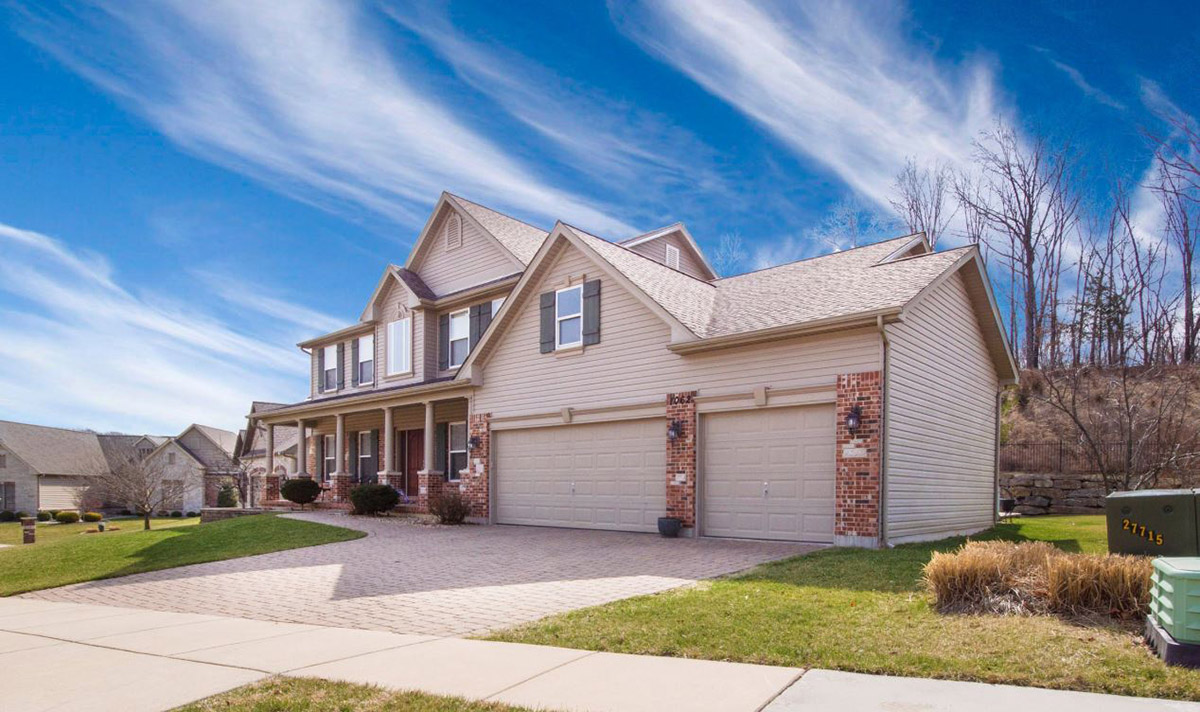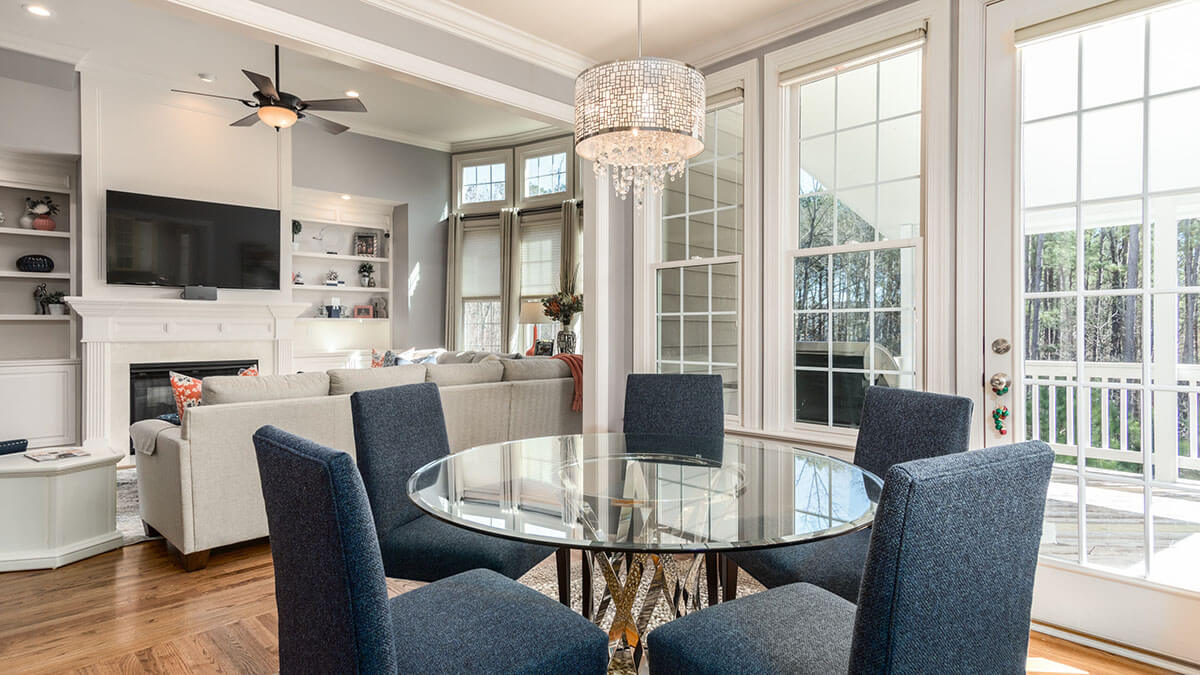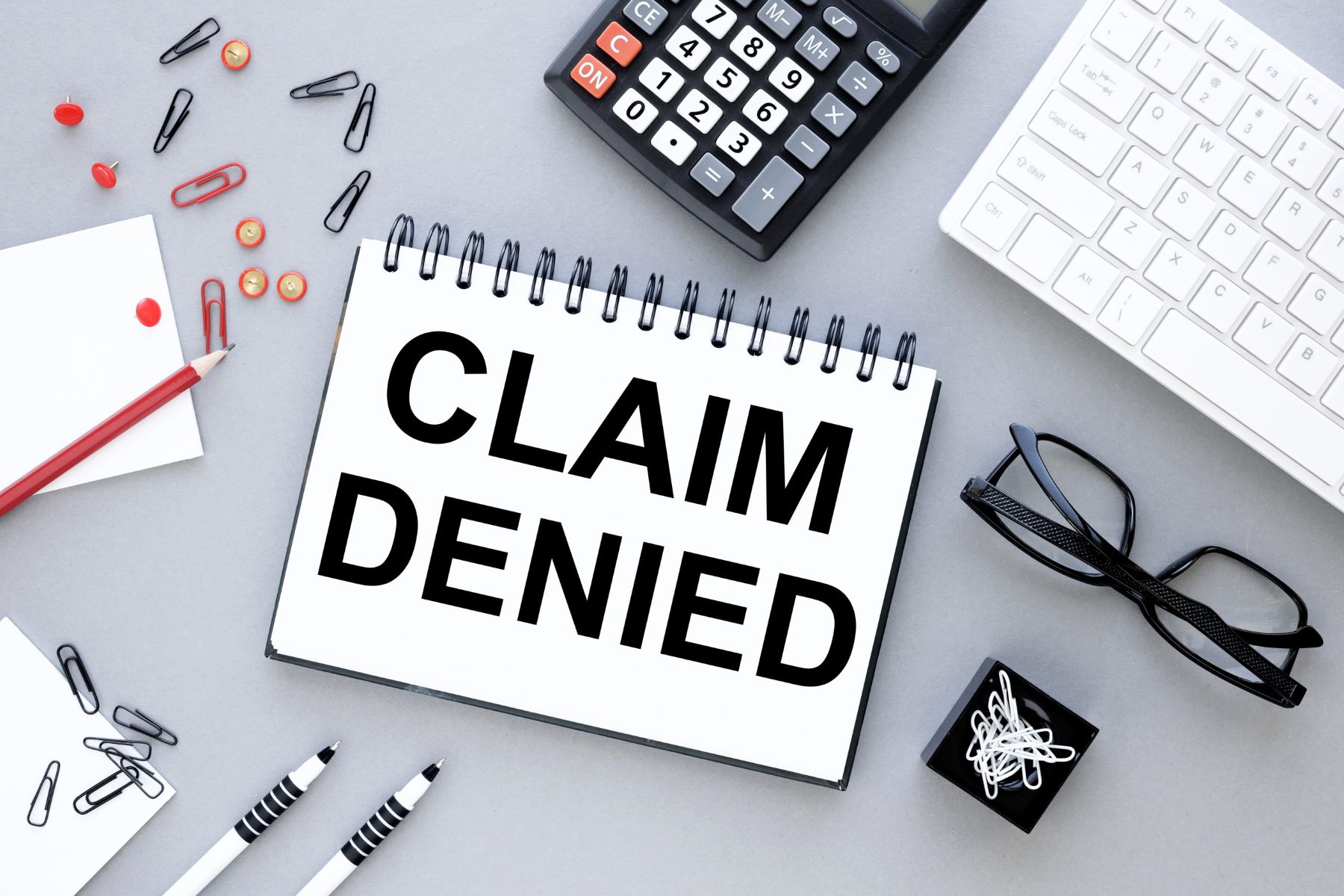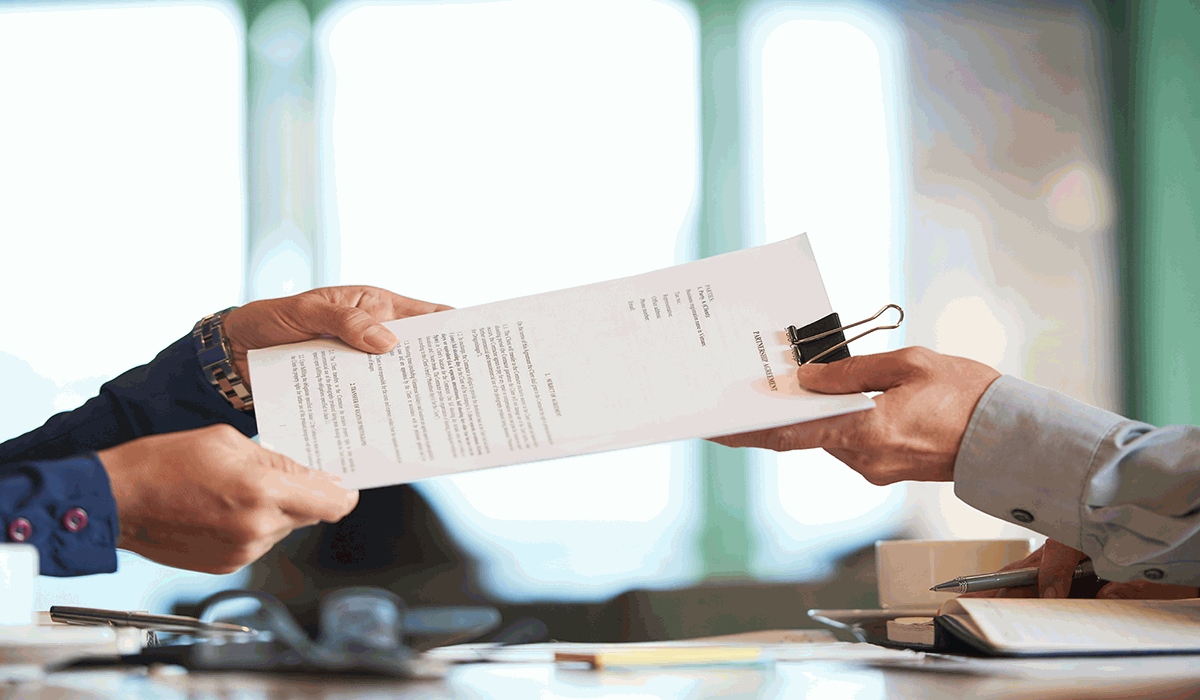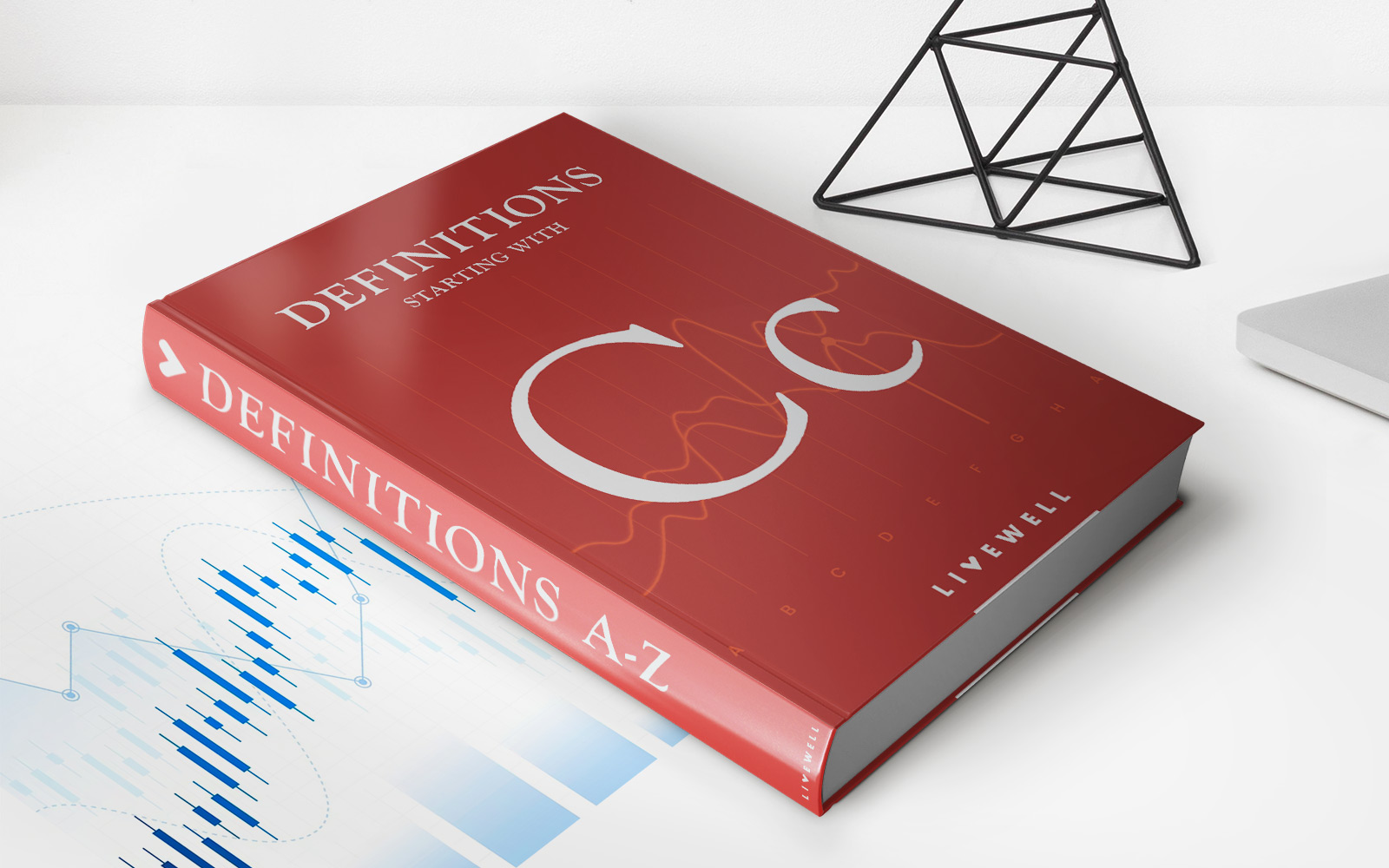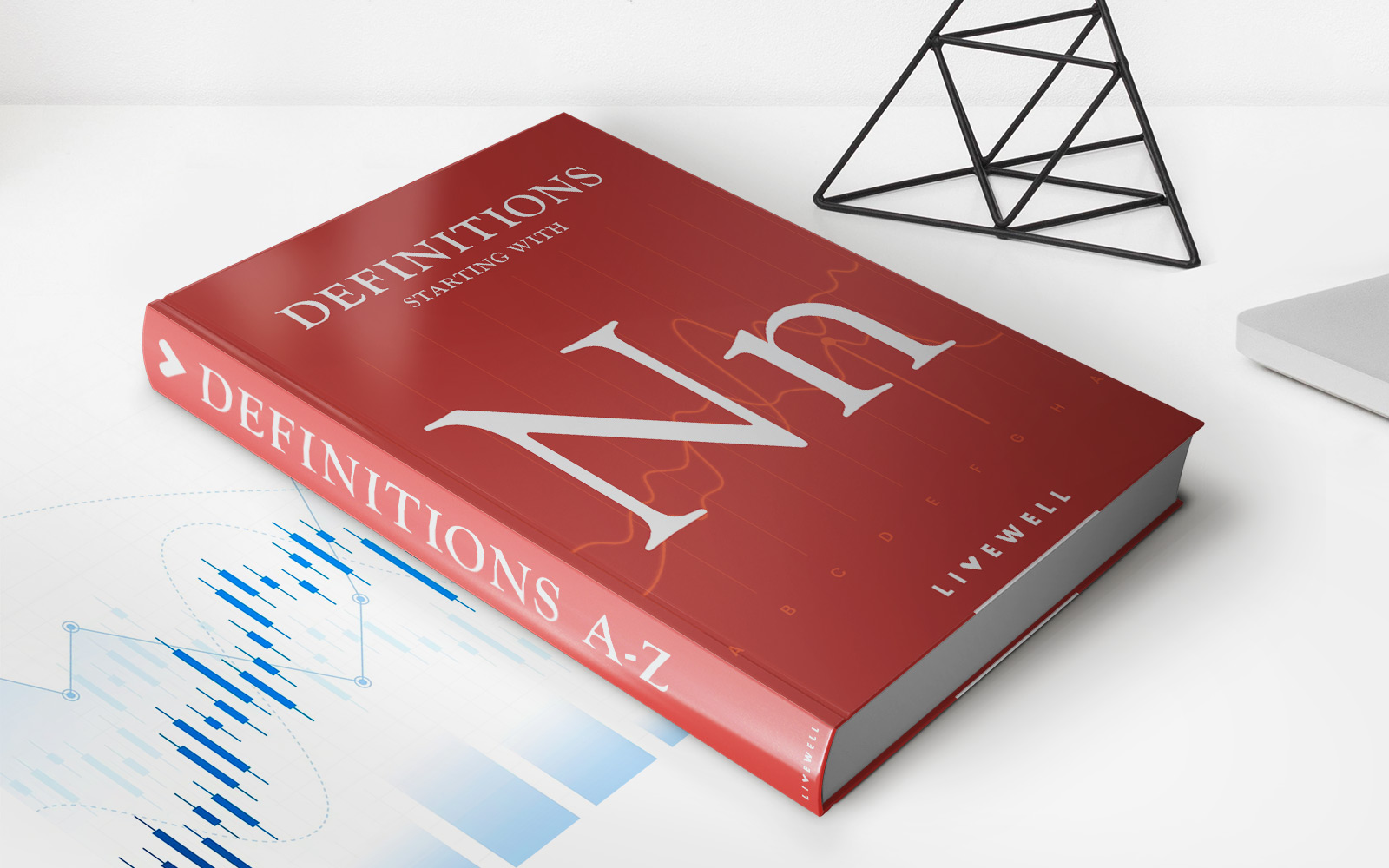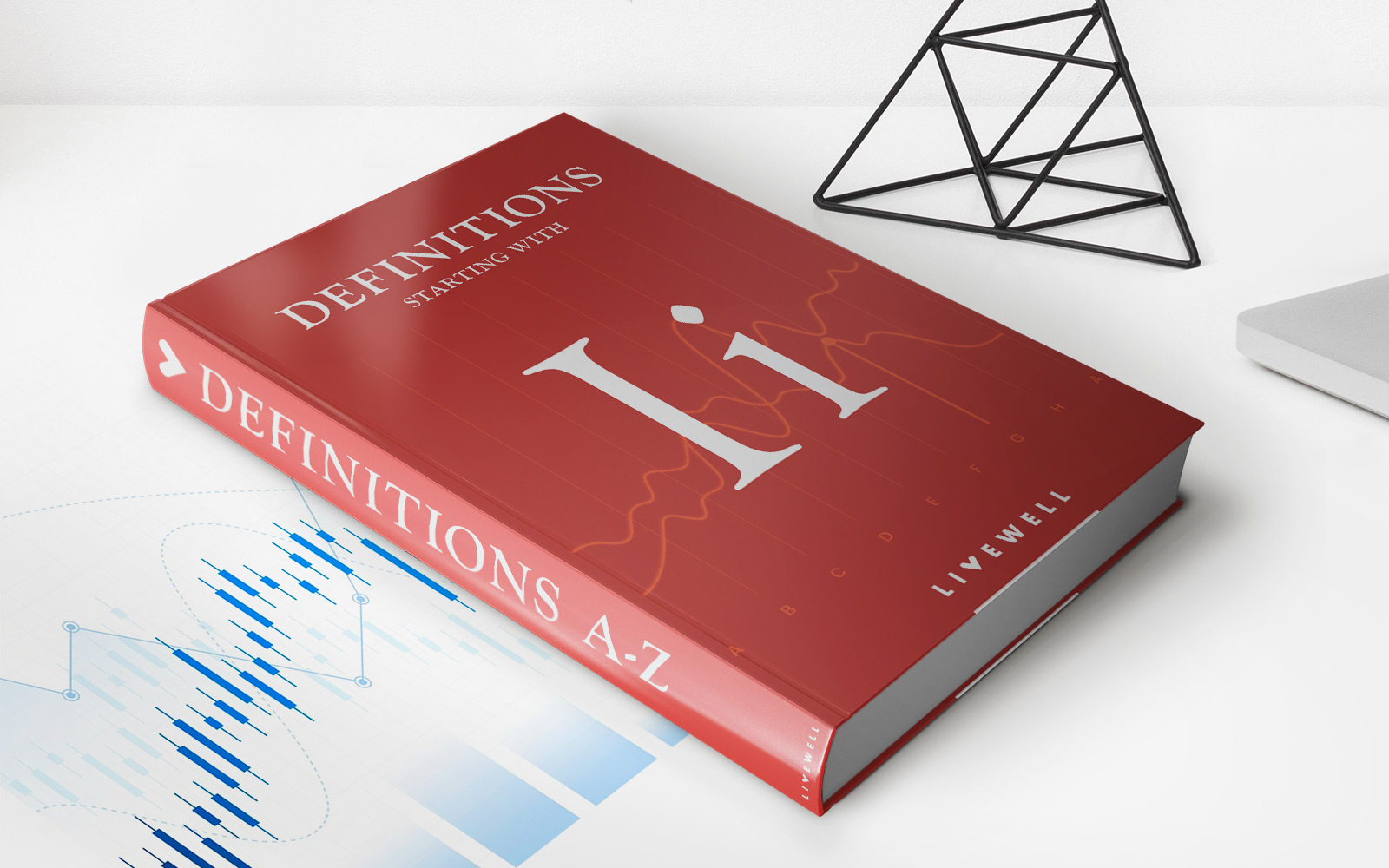Home>Finance>When To Get Homeowners Insurance When Buying A House
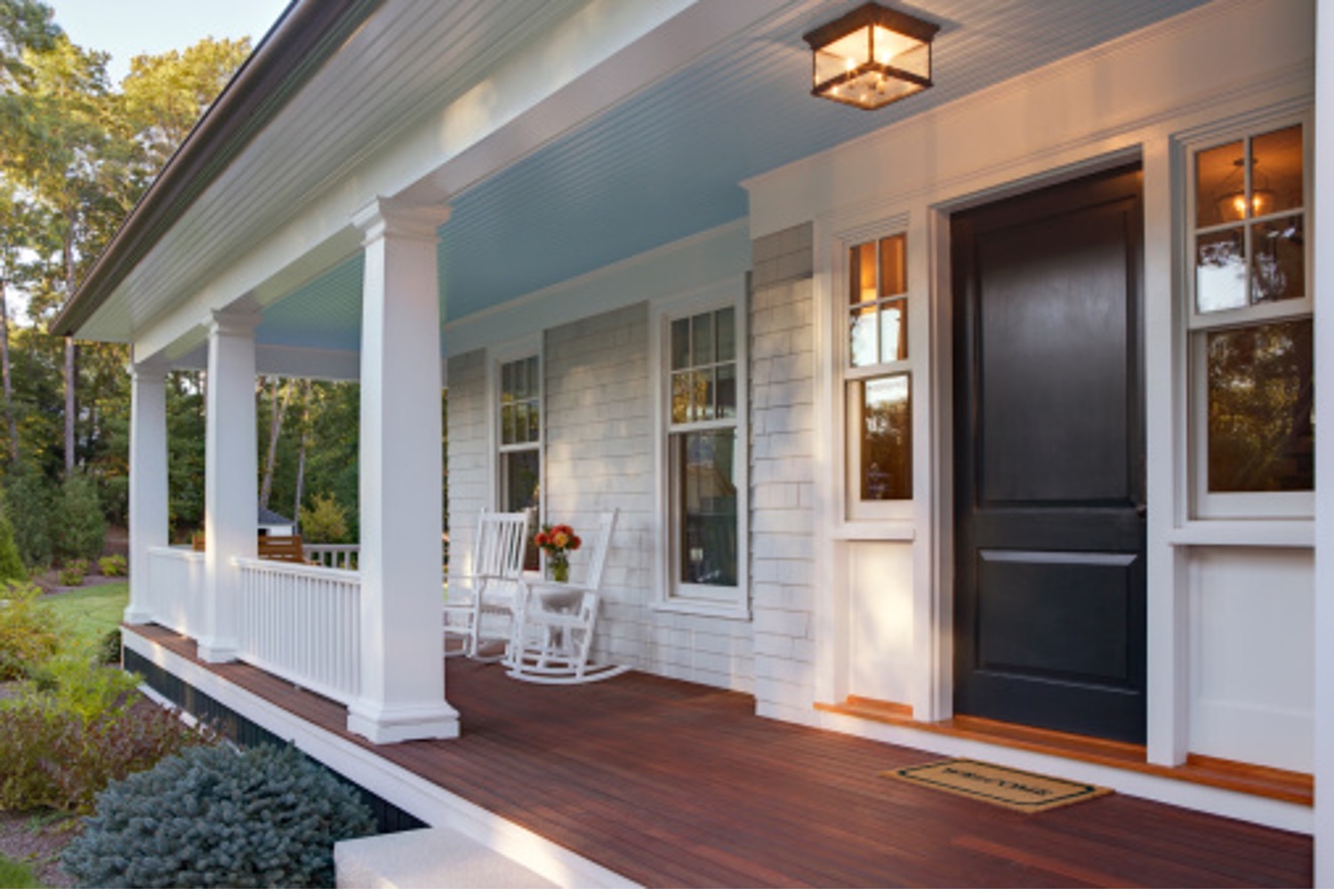

Finance
When To Get Homeowners Insurance When Buying A House
Published: November 14, 2023
Looking to buy a house? Find out when to get homeowners insurance to protect your investment. Explore finance options and secure your future with the right coverage.
(Many of the links in this article redirect to a specific reviewed product. Your purchase of these products through affiliate links helps to generate commission for LiveWell, at no extra cost. Learn more)
Table of Contents
- Introduction
- Understanding Homeowners Insurance
- Importance of Homeowners Insurance
- Factors to Consider When Buying a House
- When to Get Homeowners Insurance
- Key Benefits of Having Homeowners Insurance
- Types of Coverage to Consider
- How to Choose the Right Homeowners Insurance
- Understanding the Cost of Homeowners Insurance
- Common Mistakes to Avoid When Getting Homeowners Insurance
- Conclusion
Introduction
When buying a house, there are numerous factors to consider, from location and price to the layout and amenities. However, one critical aspect that should not be overlooked is homeowners insurance. Homeowners insurance is a type of coverage that provides financial protection against unexpected events and damages to your property.
Understanding the ins and outs of homeowners insurance is essential to safeguard your investment and provide peace of mind. This comprehensive insurance policy protects not only your home but also your personal belongings and liability in case of accidents or incidents on your property.
Homeownership is a significant milestone, and it comes with a great deal of responsibility. Having homeowners insurance is not only a smart financial decision but also a requirement by most mortgage lenders. It offers financial protection in the face of unforeseen circumstances, giving you the confidence to face any challenges that may arise.
In this article, we will delve into homeowners insurance and its importance when buying a house. We will explore when to obtain homeowners insurance, the benefits it provides, and essential factors to consider when choosing the right coverage for your needs.
Whether you are a first-time homebuyer or a seasoned homeowner, this article is designed to be a comprehensive guide that will help you navigate the world of homeowners insurance and make informed decisions.
Understanding Homeowners Insurance
Homeowners insurance is a type of property insurance that provides financial protection for homeowners against damages to their property, personal belongings, and liability. It is designed to cover a wide range of perils, such as fire, theft, vandalism, and even natural disasters like hurricanes or earthquakes, depending on the policy.
Homeowners insurance typically consists of several components:
- Dwelling coverage: This component covers the physical structure of your home, including the walls, roof, and foundation, in the event of damage or destruction.
- Personal property coverage: This coverage protects your personal belongings, such as furniture, appliances, clothing, and electronics, in case of theft, damage, or loss.
- Liability coverage: Liability coverage is an essential part of homeowners insurance. It provides protection if someone is injured on your property and files a lawsuit against you for medical expenses or damages. It also covers legal fees in such situations.
- Additional living expenses (ALE) coverage: If your home becomes uninhabitable due to a covered event, ALE coverage helps to pay for temporary living expenses, such as hotel costs or rental accommodation, during the repair or rebuild process.
It’s important to note that homeowners insurance does not cover every type of damage or loss. There are specific exclusions and limitations outlined in the policy, so it’s crucial to review and understand the terms and conditions.
Many homeowners insurance policies also offer additional optional coverages that can be added to the basic policy. These include:
- Flood insurance: While homeowners insurance typically doesn’t cover flood damage, you can purchase separate flood insurance to protect your home against this specific peril.
- Earthquake insurance: Similar to flood insurance, earthquake insurance is a separate coverage option that can be added to your homeowners policy if you live in an area prone to earthquakes.
- Jewelry or valuable items coverage: If you own valuable jewelry, antiques, or other high-value items, you may need additional coverage as the standard policy has limits on personal property.
- Home business coverage: If you run a business from your home, this coverage can help protect your business equipment and provide liability coverage related to your business activities.
Understanding the various components and optional coverages of homeowners insurance is crucial when considering the level of protection you need for your home and belongings. Taking the time to assess your risks and choose the right coverage ensures that you are adequately protected.
Importance of Homeowners Insurance
Homeowners insurance is an essential component of responsible homeownership. It provides crucial financial protection and offers numerous benefits that should not be overlooked when buying a house. Here are some reasons why homeowners insurance is important:
Protection for your investment: Your home is likely one of the most significant investments you will make in your lifetime. Homeowners insurance helps protect this investment by providing coverage for damages caused by fire, theft, storms, and other unforeseen events. Without insurance, you would be solely responsible for covering the cost of repairs or rebuilding your home, which can be financially devastating.
Protection for your personal belongings: In addition to covering the physical structure of your home, homeowners insurance also protects your personal belongings. If your belongings are stolen, damaged, or destroyed, your insurance policy can assist in replacing them. This offers peace of mind and helps you recover financially from such losses.
Liability coverage: Homeowners insurance provides liability coverage, which is crucial in case someone is injured on your property or if you accidentally cause damage to someone else’s property. Without liability coverage, you could be held personally responsible for medical expenses, legal fees, and damages, potentially leading to financial ruin. Homeowners insurance safeguards your assets and helps cover these expenses.
Peace of mind: With homeowners insurance, you can have peace of mind knowing that you have financial protection against unexpected events. Whether it’s a fire, a severe storm, or a break-in, having insurance ensures that you can recover and rebuild without facing a significant financial burden. This peace of mind allows you to enjoy your home and focus on making memories with your loved ones.
Requirement by mortgage lenders: If you’ve taken out a mortgage to buy your home, your lender will most likely require you to have homeowners insurance. This is because they want to protect their investment in the property. Lenders often ask for proof of insurance before approving a mortgage, so having coverage is crucial to securing financing for your home purchase.
Protection from lawsuits: Liability coverage in homeowners insurance also protects you from potential lawsuits. If someone is injured on your property and files a lawsuit against you, your insurance policy can help cover legal fees and potential settlement costs. This protection ensures that you are not financially devastated by a liability claim.
Homeowners insurance offers comprehensive protection for both your home and your financial well-being. It is a vital investment that should not be overlooked when buying a house. By having the right coverage in place, you can protect your investment, your belongings, and your peace of mind, allowing you to focus on enjoying your new home.
Factors to Consider When Buying a House
When buying a house, there are several important factors to consider to ensure you make a sound investment and find a home that meets your needs. Here are some key factors you should evaluate:
- Location: The location of a house is crucial as it can affect your quality of life, convenience, and even property value. Consider factors such as proximity to schools, workplaces, transportation, amenities, and safety when evaluating locations.
- Price and Affordability: Determine your budget and evaluate the affordability of the house you wish to buy. Consider not just the purchase price but also recurring expenses like property taxes, insurance, and maintenance costs.
- Size and Layout: Assess the size and layout of the house to ensure it suits your needs. Consider the number of bedrooms, bathrooms, the size of the living spaces, and the overall flow and functionality of the layout.
- Condition of the house: Evaluate the condition of the house, including the structure, roof, plumbing, electrical systems, and any necessary repairs or renovations. Consider getting a professional home inspection to identify potential issues.
- Future growth and development: Research the area to understand if there are any planned developments or infrastructure projects that could impact the value and desirability of the property in the future.
- Neighborhood: Assess the neighborhood for factors such as safety, amenities, noise levels, and overall desirability. Consider your lifestyle preferences and find a neighborhood that aligns with them.
- School District: If you have or plan to have children, the quality of the school district can be important. Research the local schools and consider their reputation and performance.
- Resale value: While it may not be your immediate concern, considering the potential resale value of the house is prudent. Look for factors such as market trends, recent sales in the area, and the overall appeal of the property.
- Amenities and conveniences: Evaluate the availability of amenities and conveniences such as shopping centers, parks, recreational facilities, hospitals, and public transportation options that are important to you and your lifestyle.
- Accessibility: Consider the accessibility of the property in terms of transportation links, proximity to major roads or highways, and potential commuting times to your workplace.
These factors will help you make a well-informed decision when buying a house. It’s important to take your time, conduct thorough research, and prioritize your needs and preferences to find a home that meets your requirements and aligns with your long-term goals. Remember, buying a house is a significant investment, and it’s crucial to consider all relevant factors to ensure a successful and satisfying homeownership experience.
When to Get Homeowners Insurance
When buying a house, it’s important to understand when to obtain homeowners insurance to protect your investment. Here are some key points to consider:
Before closing on the house: It is advisable to secure homeowners insurance before the closing process is completed. Most mortgage lenders require borrowers to provide proof of insurance before they can finalize the loan. Without homeowners insurance, the lender may not approve the mortgage, as they need assurance that their investment will be protected.
During the due diligence period: During the due diligence period, when you are evaluating the condition and suitability of the property, it’s a good time to gather information and obtain insurance quotes. This period allows you time to compare policies and choose the coverage that best fits your needs and budget.
As soon as you take ownership: It’s crucial to activate your homeowners insurance policy as soon as you take ownership of the property, even if you are not living there immediately. This ensures that your investment is protected from any unforeseen events that may occur before you move in.
When renovating or making improvements: If you are planning renovations or making significant improvements to the property, it’s important to inform your insurance provider. Certain renovations may change the value of your home or increase the risks, so updating your policy accordingly is essential to ensure adequate coverage.
When your policy is up for renewal: Homeowners insurance policies typically have a renewal period, usually annually. Use this opportunity to review and reassess your coverage. Consider any changes in your needs or circumstances and make adjustments to the policy as necessary.
When a life event occurs: Certain life events, such as getting married, having children, or acquiring valuable assets, may warrant a reevaluation of your homeowners insurance coverage. Update your policy to ensure that it aligns with your current situation and provides adequate protection for your changing needs.
When moving to a new location: If you decide to sell your current home and buy a new one in a different location, it’s important to update your homeowners insurance accordingly. Different areas may have different risks and insurance requirements, so you may need to adjust your coverage to accommodate these changes.
Remember, homeowners insurance is not something to be taken lightly. It’s a vital safeguard for your home and belongings. By obtaining homeowners insurance at the right time and keeping it up to date, you can protect your investment and gain peace of mind knowing that you are financially protected against unexpected events.
Key Benefits of Having Homeowners Insurance
Having homeowners insurance offers several key benefits that protect you, your home, and your financial well-being. Here are some of the primary benefits of having homeowners insurance:
Financial protection for your home: Homeowners insurance provides financial coverage for damage to your home caused by covered perils, such as fire, storm, vandalism, or theft. This protection ensures that you have the necessary funds to repair or rebuild your home in case of significant damage or destruction.
Protection for your personal belongings: In addition to protecting your home, homeowners insurance also covers your personal belongings inside the house. If your belongings are damaged due to a covered event or stolen, your insurance policy can assist in replacing them, minimizing your financial loss.
Liability coverage: Homeowners insurance includes liability coverage, which safeguards you in case someone is injured on your property or if you accidentally cause damage to someone else’s property. It provides protection against potential lawsuits and covers legal fees, medical expenses, and potential settlements, saving you from substantial financial burdens.
Additional living expenses coverage: If your home becomes uninhabitable due to a covered event, homeowners insurance typically provides coverage for additional living expenses (ALE). This coverage helps pay for temporary accommodation, meals, and other necessary expenses while your home is being repaired or rebuilt, ensuring you have a place to stay during the process without incurring significant additional costs.
Peace of mind: One of the intangible but valuable benefits of homeowners insurance is the peace of mind it provides. Knowing that you have comprehensive coverage for your home and belongings can alleviate stress and worry, allowing you to focus on enjoying your home and creating memories with your loved ones.
Compliance with mortgage lender requirements: If you have a mortgage on your home, the lender will likely require you to have homeowners insurance. Purchasing and maintaining insurance coverage not only protects you but also meets the lender’s requirements, ensuring your loan remains in good standing.
Financial security: Homeowners insurance provides an added layer of financial security. In the face of unexpected events such as natural disasters, accidents, or burglaries, having insurance coverage means you won’t have to bear the full financial burden alone. It allows you to recover financially and rebuild your life with minimal disruption.
Coverage options for additional perils: Beyond standard coverage for common perils, you can often add optional coverage to your homeowners insurance policy to protect against specific risks. These may include flood insurance, earthquake insurance, or coverage for high-value items such as jewelry. These additional options provide tailored protection based on your needs and location.
Having homeowners insurance is not only a wise financial decision but also a necessary step to protect your home, belongings, and overall financial well-being. It offers peace of mind, ensures compliance with mortgage lender requirements, and provides a safety net in the face of unexpected events. By understanding the benefits of homeowners insurance, you can make an informed decision and secure the appropriate coverage for your home.
Types of Coverage to Consider
When purchasing homeowners insurance, it’s important to understand the different types of coverage available to ensure that you have adequate protection for your home and belongings. Here are some key types of coverage to consider:
1. Dwelling Coverage: Dwelling coverage is the foundation of homeowners insurance. It provides coverage for the physical structure of your home, including walls, roof, floors, and built-in fixtures. This coverage ensures that you have financial protection in the event of damage or destruction caused by covered perils, such as fire, windstorms, or vandalism.
2. Personal Property Coverage: Personal property coverage protects your personal belongings inside your home, such as furniture, appliances, electronics, clothing, and jewelry. This coverage helps replace or repair your belongings if they are damaged, destroyed, or stolen. It’s important to review the policy limits and consider additional coverage or riders if you have high-value items that exceed the standard limits.
3. Liability Coverage: Liability coverage is essential in homeowners insurance as it protects you if someone is injured on your property and holds you liable. It covers medical expenses, legal fees, and potential settlements if you are found responsible for injuries or damages. This coverage extends beyond your physical property and can protect you from liability claims that occur outside of your home as well.
4. Additional Living Expenses (ALE) Coverage: ALE coverage, also known as loss-of-use coverage, steps in when your home becomes uninhabitable due to a covered event, such as a fire, flood, or storm. This coverage helps pay for additional living expenses, including temporary accommodation, meals, and transportation, while your home is being repaired or rebuilt.
5. Medical Payments Coverage: Medical payments coverage provides limited coverage for medical expenses if someone is injured on your property, regardless of who is at fault. It helps pay for immediate medical costs, such as ambulance fees or emergency room visits. This coverage is typically provided to offer a quick resolution to minor injuries and avoid potential liability claims.
6. Other Optional Coverages: Depending on your needs and location, there may be additional optional coverages to consider. These may include flood insurance, earthquake insurance, or coverage for specific high-value items, such as expensive jewelry or art collections. It’s important to assess the risks associated with your area and the value of your possessions to determine whether additional coverage options are necessary.
Understanding the types of coverage available and their specific inclusions and exclusions is crucial when purchasing homeowners insurance. It’s recommended to evaluate your needs, assess potential risks, and work with an insurance professional to customize your coverage to adequately protect your home, belongings, and personal financial security.
How to Choose the Right Homeowners Insurance
Choosing the right homeowners insurance policy is crucial to ensure that you have adequate coverage and protection for your home and belongings. Here are some important factors to consider when selecting homeowners insurance:
1. Assess your needs: Start by assessing your needs and understanding the value of your home and belongings. Consider factors such as the size and condition of your home, the value of your personal property, and any unique risks associated with your location. This evaluation will help you determine the level of coverage you need.
2. Research reputable insurance companies: Look for reputable insurance companies that have a good track record and positive customer reviews. Check their financial stability and customer satisfaction ratings to ensure they are reliable and trustworthy.
3. Compare coverage options: Compare the coverage options offered by different insurance companies. Look for policies that provide comprehensive coverage for perils that are relevant to your location and specific risks. Ensure that the policy includes both dwelling coverage and personal property coverage at levels that match your needs.
4. Consider deductible and premium: The deductible is the amount you are responsible for paying out of pocket before the insurance coverage kicks in. Consider your budget and choose a deductible that is affordable for you. Additionally, compare premium rates from different insurers to find the best balance between cost and coverage.
5. Review policy limits and exclusions: Carefully review the policy limits and exclusions to ensure they align with your needs. Ensure that the coverage limits are sufficient to cover the value of your home and belongings. Pay attention to any specific exclusions that may affect your coverage, such as limitations on certain perils or high-value items.
6. Seek discounts and bundling options: Inquire about available discounts and bundling options. Many insurers offer discounts for safety features in your home, such as a security system or smoke detectors. Additionally, bundling your homeowners insurance with other policies, such as auto insurance, may result in additional cost savings.
7. Understand the claims process: Familiarize yourself with the claims process of the insurance company. Understand how to file a claim, the required documentation, and the timeline for claim resolution. A smooth and efficient claims process is important in ensuring that you receive timely reimbursement for any covered losses.
8. Obtain multiple quotes: Don’t hesitate to obtain multiple quotes from different insurance companies. This allows you to compare coverage options, deductibles, and premiums side by side, enabling you to make an informed decision based on your needs and budget.
9. Consult with an insurance professional: If you’re unsure about the technicalities or need guidance, consider consulting with an insurance professional who specializes in homeowners insurance. They can help you understand policy details, assess your needs, and provide personalized recommendations.
By considering these factors and taking the time to research and compare different homeowners insurance policies, you can choose the right coverage that provides the necessary protection for your home, personal property, and financial well-being.
Understanding the Cost of Homeowners Insurance
When purchasing homeowners insurance, it’s important to understand the factors that influence the cost of the policy. By understanding these factors, you can make informed decisions and ensure that you get the right coverage at a fair price. Here are some key aspects to consider when assessing the cost of homeowners insurance:
Location: The location of your home plays a significant role in determining the cost of insurance. Areas prone to natural disasters, such as hurricanes or earthquakes, may have higher premiums due to the increased risk. Similarly, areas with higher crime rates may result in higher insurance costs as well.
Dwelling value and construction: The value and construction of your home are factors that insurers consider. The replacement cost of your home, including the materials used, will impact the insurance costs. Homes made of fire-resistant materials or equipped with safety features like alarm systems or sprinklers may result in lower premiums due to reduced risk.
Personal property value: The value of your personal belongings also affects the cost of insurance. If you have high-value items, such as jewelry or artwork, you may need to add additional coverage or a separate policy to adequately protect them. Inventory your belongings and assess their value to determine the appropriate coverage.
Policy coverage and deductibles: The level of coverage and deductibles you choose will impact the cost of homeowners insurance. Higher coverage limits and lower deductibles generally result in higher premiums. It’s important to strike a balance between affordability and adequate coverage for your needs.
Claims history: Your claims history can also influence the cost of insurance. If you have a history of frequent claims or live in an area with a high claims frequency, insurers may consider you a higher risk and adjust the premiums accordingly.
Credit history: In some states, insurers may use your credit history to determine your insurance premium. A good credit history often correlates to a lower risk profile and may result in lower premiums.
Discounts: Many insurers offer various discounts that can help lower the cost of homeowners insurance. These discounts can be based on factors such as having safety features in your home, being a non-smoker, or having multiple policies with the same insurer (known as bundling). Inquire about available discounts and see if you qualify for any.
Claims-free period: Some insurers offer discounts for homeowners who have been claims-free for a certain period. This encourages homeowners to maintain their properties and minimize risks, potentially resulting in lower premiums.
It’s worth noting that while price is an important consideration, it shouldn’t be the sole factor when purchasing homeowners insurance. Ensure that you understand the coverage provided, as well as the insurer’s reputation, customer service, and claims process.
By considering these cost factors and carefully evaluating your coverage needs, you can make an informed decision about homeowners insurance that provides the right level of protection for your home, belongings, and financial well-being.
Common Mistakes to Avoid When Getting Homeowners Insurance
When obtaining homeowners insurance, it’s important to avoid common mistakes that can result in inadequate coverage or unnecessary expenses. Here are some common mistakes to avoid:
1. Underinsuring your home: One of the biggest mistakes homeowners make is underestimating the value of their home and choosing insufficient coverage limits. It’s crucial to assess the replacement cost of your home accurately and ensure that the coverage limits adequately protect your investment.
2. Neglecting to review and update your coverage: Your insurance needs can change over time due to renovations, acquiring valuable items, or changes in the value of your home. Failing to review and update your coverage regularly can result in being either underinsured or overpaying for coverage you no longer need. Regularly review your policy and make adjustments as necessary.
3. Not considering additional coverage: Standard homeowners insurance may not cover certain perils such as floods or earthquakes. It’s important to assess the risks specific to your location and consider purchasing additional coverage for these perils, especially if you live in an area prone to these events. Don’t assume you are automatically covered for all potential risks.
4. Ignoring policy exclusions: Take the time to read and understand the fine print of your homeowners insurance policy. Be aware of any exclusions or limitations that may affect your coverage. For example, certain high-value items may have coverage limits, and specific perils may be excluded from coverage. Understanding these exclusions will help you make informed decisions.
5. Forgetting to document your belongings: It’s essential to create a home inventory documenting your personal belongings, including their value and condition. This inventory will be valuable in the event of a claim, as it will help ensure that you receive proper compensation for your losses. Keep receipts, photos, or videos of valuable items as proof of ownership.
6. Not seeking multiple quotes: Failing to shop around and obtain multiple quotes from different insurance companies can result in missed opportunities for savings. Insurance rates can vary significantly, so it’s important to compare quotes and coverage options to find the best policy for your needs.
7. Overlooking discounts and savings opportunities: Many insurance companies offer various discounts that can help lower your premium. These discounts could include safety features in your home, a claims-free history, or bundling your homeowners insurance with other policies. Don’t overlook these potential savings opportunities, as they can significantly reduce your insurance costs.
8. Not researching the insurer’s reputation: Before selecting an insurance provider, research their reputation and financial stability. Read customer reviews, check their ratings with independent agencies, and ensure that they have a history of providing reliable coverage and prompt claims service.
9. Forgetting to review the deductible: The deductible is the amount you are responsible for paying before your insurance coverage kicks in. Ensure that you choose a deductible that you can afford in the event of a claim. While a higher deductible may lower your premiums, it’s essential to strike a balance that works for your budget.
Avoiding these common mistakes when getting homeowners insurance will help ensure that you have the right coverage to protect your home and belongings, while also avoiding unnecessary expenses or gaps in coverage. Take the time to assess your needs, review your policy, and seek professional advice if needed to make informed decisions that suit your specific situation.
Conclusion
Homeowners insurance is a vital component of responsible homeownership. It offers financial protection for your home, personal belongings, and liability. Understanding the importance of homeowners insurance and the factors to consider when buying a house is essential to make informed decisions and protect your investment.
When purchasing homeowners insurance, it’s important to evaluate the different types of coverage available and choose the right policy that meets your needs. Assess the value of your home and belongings, consider the location-specific risks, and review the coverage limits and exclusions carefully. By doing so, you can ensure that you have adequate protection and avoid common mistakes in the process.
Homeowners insurance provides numerous benefits, including financial security, peace of mind, and compliance with mortgage lender requirements. It safeguards your home and belongings from unexpected events and offers liability coverage in case of accidents or injuries on your property. It also provides additional living expenses coverage when your home becomes uninhabitable due to a covered event.
Remember to review and update your homeowners insurance coverage regularly to reflect any changes in your needs or circumstances. Consider additional coverage options for specific perils or high-value items, and be aware of available discounts that can help lower your premiums.
When obtaining homeowners insurance, it’s important to research reputable insurance companies, seek multiple quotes, and understand the cost factors involved. By taking the time to make informed decisions, you can choose the right coverage at a fair price, ensuring financial protection for your home and peace of mind for you and your family.
In conclusion, homeowners insurance is a critical aspect of homeownership that should not be overlooked. By understanding the importance, considering the necessary factors, and making informed decisions, you can protect your investment, your personal belongings, and your financial stability for years to come.

